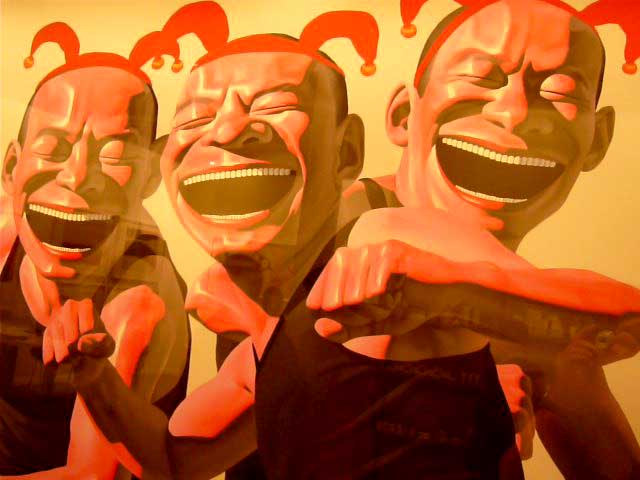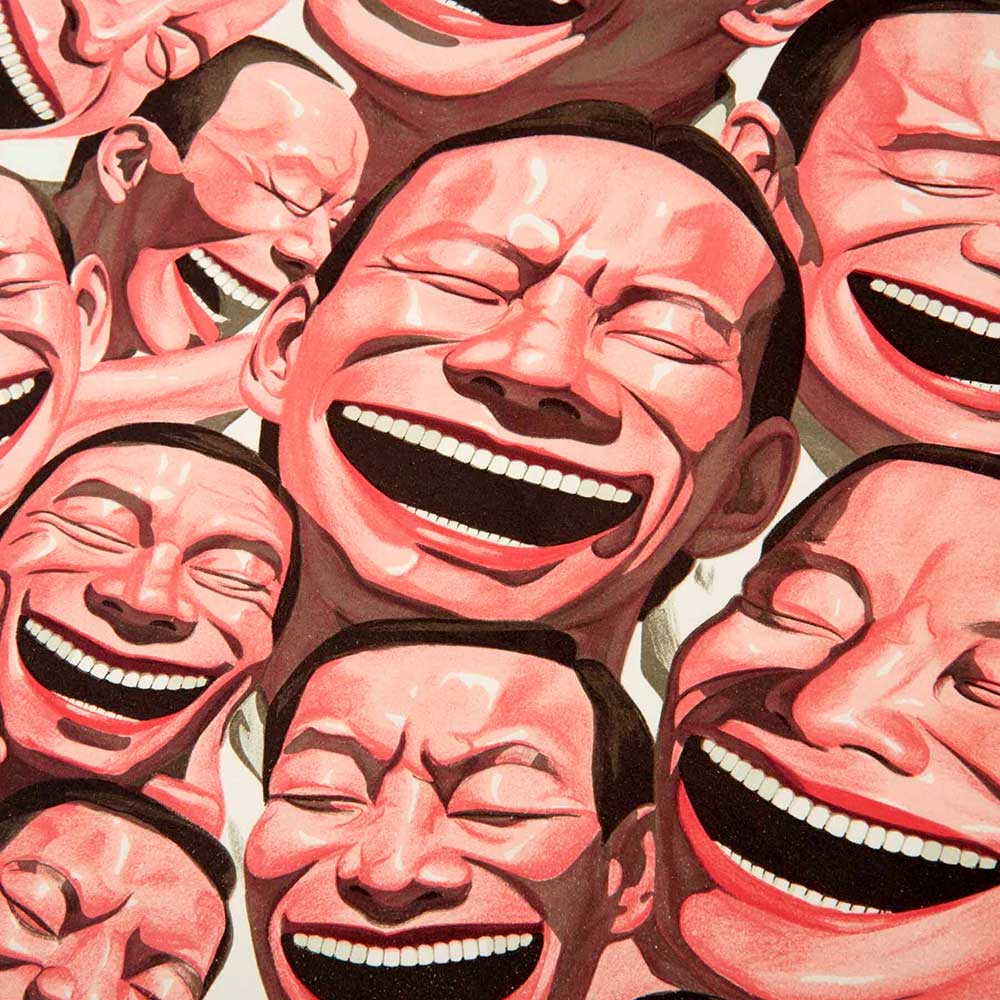It is said that Philogelos (from the Greek “laughter lover”) is the first written compilation of jokes in history, although I am sure that the idea of a joke is far older than that. It must have been born the very first day humans raised their voices to speak right alongside laughter.
Throughout History laughter has remained an essential aspect of any human society for it soothes the pain and makes it bearable, plus laughing puts us in a state of joy and relaxation. Therefore, jokes have been continuously thought up and written down. Spain has however turned this small literary genre into a profuse tradition, and we are considered as one of the countries with the biggest list of jokes in the world. This is no coincidence and has a lot to do with the fact that epigrammatic literature has been traditionally very popular in the Spanish language. Epigrammatic literature consists of brief texts, predominantly rhyming and in verse, dealing with thoughts, ideas, moral, satiric or humorist insights. Juan de Iriarte wrote a great epigrammatic definition of the joke:
Like the bee,
for it to be source of joy,
an epigram must be
sweet, biting and brief.
♣
Spanish Baroque literature greatly adopted and employed the epigram, it was very appreciated among the Royal Court as it was a sign of wit. It was also a good opportunity to thrive for those who had not the fortune of being born rich. Art was a great socio-economical ladder for many back in the day. There were hundreds of poets and writers and painters… it was the Spanish Golden Century. All of them, from Baltasar Gracián and his compilation of epigrams Agudeza y arte de ingenio (Sharpness and art of wit) to the six hundreds apothegm (another way of saying epigram) of Juan Rufo. All of them cultivated the exquisite taste of lingering as they used to call that joyful act of the epigram and that would eventually result in the current joke.
Read the following epigrams written by Pedro Calderón de la Barca and tell me if they don’t just sound like jokes:
It was asked by a mother
to her son: my son
what is it you want? Egg or bacon?
And the son replied: bacon;
but with an egg on top.
♣
A lad was silently
mending his boxers.
Seeing that I asked:
What is new lad?
And he replied: just the thread.
♣
And how about this other one by Francisco de Quevedo, which could very well be read as the first dirty joke in Spanish literature.
(To Muñiz)
So big your sex
rises, oh, my good Muñiz!
and so big your nose
that when erect you smell it.
♣
Or this other one also by Quevedo that depicts a catalan who seeing a mosquito in his whine quickly pulls it out and threatens it:
(To the whine mosquito)
Sweet-tooth and drunken dot
bird of dirtying sips:
Irish fly of the slurp
and whine butterfly.
Straight out of a whine bucket,
out of the finest stench
and the lard’s honey you,
mosquito dressed as bee:
I drink you for the whine you took from me.
♣
Just imagine how must the laughter should have been in tavern when hearing the wit of these words. Careful, though! For a joke is a serious thing and not something easy anyone can do. When one can finally laugh with a Spanish joke that means he has fully mastered the language, for the joke usually involves sounds and double and triple parallel meanings that originated centuries ago and its true significance is almost like a reflex. Plus jokes tend to use local slang and national stereotypes. It is likely that even getting the meaning one would not laugh with a French joke; sometimes they can even sound rude to other nations so be careful and choose wisely.


